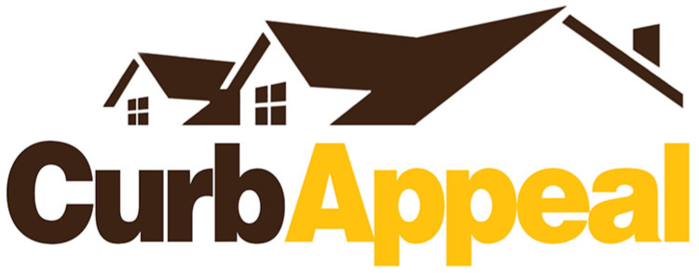Gpointstudio / Shutterstock
 Buying a fixer-upper may seem appealing since the price point is usually much less than a newly remodeled home—and you can remodel it into your dream home. But sometimes the cost of repairs outweighs the initial savings, and fixing the home requires much more work than anticipated. Before buying a fixer-upper consider these points:
Buying a fixer-upper may seem appealing since the price point is usually much less than a newly remodeled home—and you can remodel it into your dream home. But sometimes the cost of repairs outweighs the initial savings, and fixing the home requires much more work than anticipated. Before buying a fixer-upper consider these points:
Do You Have the Skill?
Many people buy a fixer-upper with the intention to renovate it themselves. Unfortunately, most find that they are not as skilled as they imagined. If you are not an experienced DIYer, you may need to hire a professional to get good results.
Do You Have the Patience?
There are drawbacks during the remodeling process, especially if you plan to move in immediately. Dust, noise, and unfinished rooms can make the living space uncomfortable. If you work from home, expect frequent interruptions by contractors and power tools. You may need to go without your kitchen or a bathroom while they’re being finished.
Can You Wait to Move In?
When most people buy a home, they want to move in as quickly as possible—perhaps they’ve just sold their previous home or their lease is about to expire. But major repairs can mean waiting weeks or months to move into a house. If you are able to wait an extra month or two while renovations are being made, then buying a fixer-upper won’t be too inconvenient for you.
Can You Afford Repairs?
Renovating a home can be expensive. Weigh the amount of money you’ll spend on labor and materials versus the return on investment. Remember, remodeling projects often go over budget. After you have calculated the costs of the renovations, add 20% more to make sure it’s in your price range
Will It Increase the Value?
Houses that need major fixes might not be worth renovating. If something essential such as plumbing needs to be replaced, it won’t necessarily increase the home’s value. Remember, too many improvements can mean you won’t get back the money you invested. Always plan your renovations according to the price of other homes in the neighborhood.
If you are experienced with remodeling or can afford to pay professionals, buying a fixer-upper can be a good investment. But if you dislike dust and noise and need to move in immediately, then a turnkey home is a better option.











 Buying a fixer-upper may seem appealing since the price point is usually much less than a newly remodeled home—and you can remodel it into your dream home. But sometimes the cost of repairs outweighs the initial savings, and fixing the home requires much more work than anticipated. Before buying a fixer-upper consider these points:
Buying a fixer-upper may seem appealing since the price point is usually much less than a newly remodeled home—and you can remodel it into your dream home. But sometimes the cost of repairs outweighs the initial savings, and fixing the home requires much more work than anticipated. Before buying a fixer-upper consider these points: